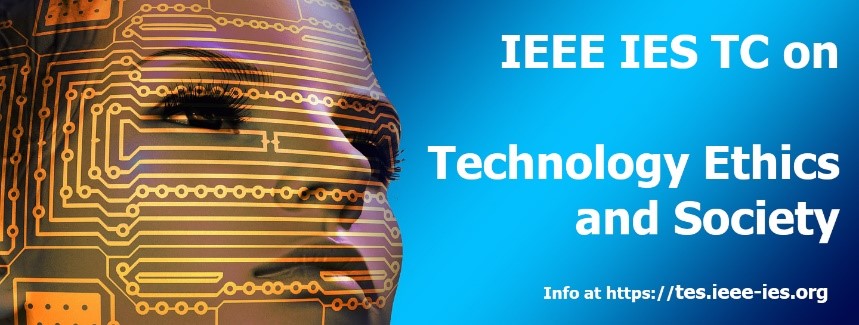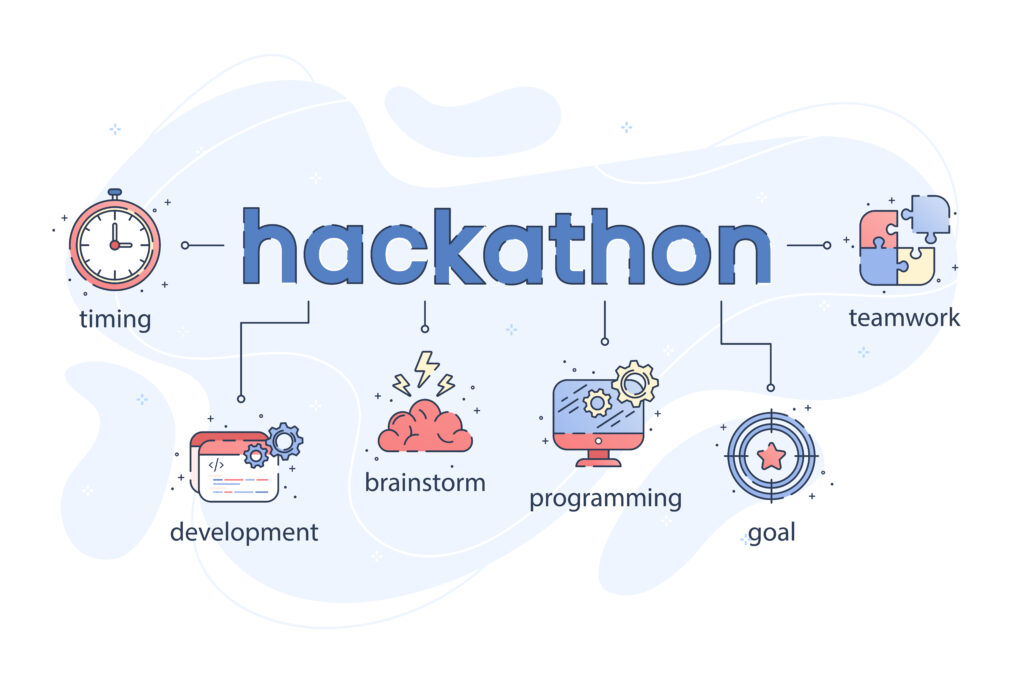IES launches two pioneering projects to advance Artificial Intelligence and data-driven decision-making
By Prof. Daswin De Silva, Chair of the Web and Information Committee (WiC) and IES TC for Technology Ethics and Society (TC TES)

The Industrial Electronics Society Administration Committee has recently approved two pioneering projects. The first aims to leverage Artificial Intelligence to advance industrial electronics research through competition and collaboration, while the second seeks to offer data-driven insights for the strategic decision-making needs of our Society.
The IES Generative AI Challenge – Advancing Generative AI Capabilities for Industrial Electronics Research and Applications
This project directly aligns with the IEEE’s recognition of the challenges and opportunities of Generative AI in IEEE topics of interest. Generative Artificial Intelligence (AI) is transforming the way we live and work through numerous practical applications of AI across all modalities of text, image, audio and video. The project team postulates that Generative AI can be leveraged to advance new and existing industrial electronics research and applications in contributing towards achieving the goals of the IES. For instance, in a smart grid setting, Generative AI can be used to drive decision-making on energy conservation measures, energy optimization plans and smart maintenance schedules. Another example is in smart cities, the use of finetuned AI classifiers and LLMs (Large language models) to process objects that have been discarded and recognize recycle, re-use and sustainable use options for such objects, and then push these on to a crowd-sourced platform for subsequent actions. Also, Generative AI can be used in industrial design tasks, ranging from factory floor setup to circuitry layouts which are then optimized within given constraints and parameters.
 Proposed by the IES TC for Technology Ethics and Society (TC TES) and led by TC Chair Daswin De Silva, this project will utilize a proven method of “Multi-Stage Hackathon” that was successfully trialled at the technically co-sponsored 15th IEEE International Conference for Human Systems Interaction, where Daswin was also General Co-Chair. The Multi-Stage Hackathon will begin with international promotional campaigns, specifically in USA, UK, Europe, Japan, China, Turkey, India, Vietnam, Tunisia, Kenya so that there is a good balance of teams from OECD and developing countries. Following the campaigns, we will conduct an online information session that outlines the progression of the hackathon and how to participate.
Proposed by the IES TC for Technology Ethics and Society (TC TES) and led by TC Chair Daswin De Silva, this project will utilize a proven method of “Multi-Stage Hackathon” that was successfully trialled at the technically co-sponsored 15th IEEE International Conference for Human Systems Interaction, where Daswin was also General Co-Chair. The Multi-Stage Hackathon will begin with international promotional campaigns, specifically in USA, UK, Europe, Japan, China, Turkey, India, Vietnam, Tunisia, Kenya so that there is a good balance of teams from OECD and developing countries. Following the campaigns, we will conduct an online information session that outlines the progression of the hackathon and how to participate.

The first stage, participating teams submit their proposal to an ideation phase to determine suitability and relevance to the strategic priorities of IEEE and IES. Next, the selected teams will start design and development of the solutions with monthly updates and demonstrations on teleconference. They will also attend online training workshops hosted by the project team and receive AI model subscriptions, where necessary. The solution development process and the final outcomes will be judged on innovation, usefulness, completeness, safety, quality, and ease of implementation and maintenance, by an independent panel. Finally, all teams will be mentored by the project team and affiliates with advice and support to start writing conference papers to be submitted to our flagship conference, the 50th IECON to be held in Chicago, 2024.
The successful finalist teams will receive travel grants to attend the IECON to demonstrate and present their work.
The IES VIP Project – Vanguard Insights and Performance for Data-Driven Decision-making in the IES
This project aims to empower all levels of decision-making within the IES. It will provide data-driven insights for the operational, tactical to strategic decision-making needs of the Society. This directly aligns with IES Strategy 2023-2025, where we strive for data-driven operational objectives that contribute to the realization of our value propositions and activating mindsets for success of our overall vision. The project will bring together numerous and diverse data sources that represent the primary dimensions of IES activities into a centralised data lakehouse from which we generate reports, queries, as well as develop interactive analytics dashboards that bridge the gap between IES datasets and decision-making. A prototype of this project was already demonstrated to the President and President-Elect as the Web and Information Committee Workshop by WIC Chair Daswin De Silva, who is also leading this project. All WIC members provided positive feedback on this prototype and its strategic value in addressing decision-making needs of the IES.

